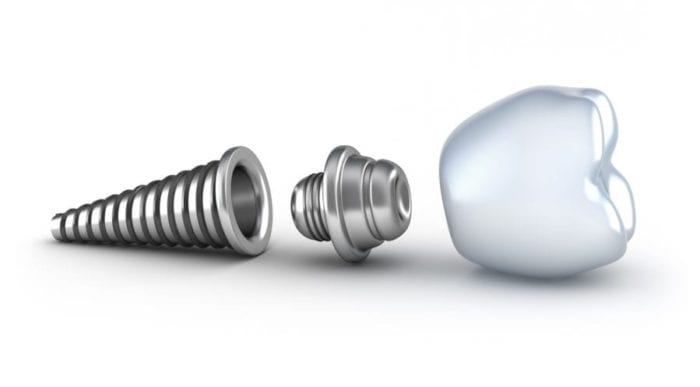At Greenway Dental Care, Dr. Richard Keech provides dental implants as a versatile restoration for patients with missing teeth. Dental implants can be used on their own to replace a single missing tooth or can be used to support a dental bridge or denture. If you have one or more missing teeth and want a more balanced smile, call (479) 217-3178 or request a consultation with Dr. Keech online. Learn more about dental implants below.

Dental Implants FAQs
Am I a candidate for dental implants?
Patients must have sufficient bone structure to support their dental implants. But if you have suffered significant bone loss and do not have enough tissue, we may recommend bone grafting treatment. During bone grafting treatment, we use the transplanted bone to rebuild your tooth structure.
How quickly can I replace my missing tooth?
After the implant surgery, the dental implant requires a healing period of 3 to 6 months so it can fully integrate with the jaw bone. During this time, we provide a temporary dental crown. The entire dental implant process can take from four to nine months. This process can take longer if you need a bone graft or gum disease treatment prior to implantation.
Do dental implants need special care?
Brush and floss your dental implants as you would natural teeth. Remember to schedule biannual visits with Dr. Keech for routine exams and dental cleanings. Although dental implants do not require special care, good oral hygiene is needed to keep your dental implant and tooth structure healthy for a long-lasting restoration.
How long do dental implants last?
With proper care, dental implants can last a lifetime. Call Greenway Dental Care if you ever have any problems with the fit of your implant and we will help you ASAP.
What is the success rate for dental implants?
The success rate for implants is 95%. However, factors like smoking and tobacco use can greatly increase your chance of implant failure. If you choose dental implants to replace your missing teeth, you have to be committed to good oral hygiene habits. Dental implants are not immune to tooth decay and gum disease which cause implant failure.
